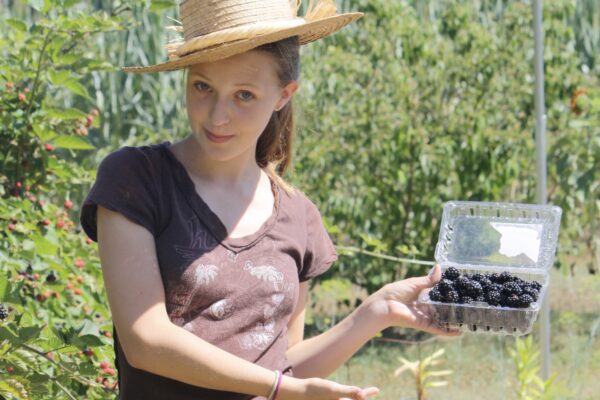I was recently challenged to look up the environmental impact of a plastic grocery bag versus reusable bags and what I learned has got me adding two more ‘R’s to the familiar Reduce, Reuse, Recycle. Though not all reusable grocery bags are created equal—some are made from PVC, or use harsh dyes, or are shipped from far away—it is now painfully clear the impact of single use plastic bags, and in fact all single use plastics, goes far beyond their environmental production cost.
Small synthetic polymers from deteriorating plastic waste are now being found globally in our oceans, lakes, and a recent study shows, in 83% of drinking water. Carried by water and wind they are even found in the remotest landscapes of Antarctica. These insidious little polymers attract both bacteria and toxins like magnets, and many leach out synthetic additives like PCBs, and BPA which mimic estrogen. They are entering the food chain and undoubtably finding their way onto our plates as well as into our water—and we’ve only been using them on a mass scale for about 70 years.
So what are those two new ‘R’s? RETHINK. We have to rethink plastics. We’ve come a long way since The Graduate. Start distinguishing between reusable and single use plastics. Single use plastics just are not acceptable any more.
Which brings us to that second ‘R’. REFUSE. Refuse plastic straws, single use plastic flatware, plates, and cups, grocery bags, plastic wrap, produce bags, water bottles. Replace them with reusable alternatives—glass bowls with plastic tops are better than single use or short use plastic storage containers. Consider washing plates and flatware for your next party, and if you must use disposable, use recycled paper products or bamboo and never single use plastics. Simply refuse to put plastics in the trash. And yes, how about we replace those 100 billion single use plastic shopping bags we use annually (only 1% of which are recycled) with a sturdy reusable alternative.
http://plasticoceans.org/projects/




